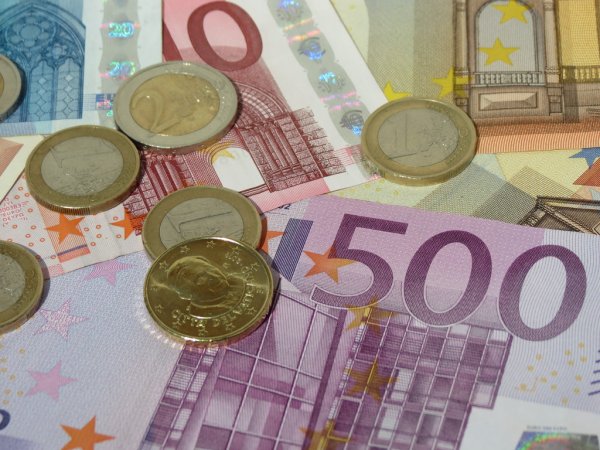Food prices have risen sharply in Belgium when compared to the summer of last year: + 13% for fresh fruit, + 6% for fresh vegetables, + 5.6% for pork. Even those who have been preserved from the economic consequences of the measures taken to fight the coronavirus are beginning to feel them in a tangible way. With an increased risk of fraud in companies, and of criminality in general, but also of discrimination, to the detriment of the most vulnerable.
The first economic assessments of the impact of the crisis are not encouraging. While the National Bank of Belgium has calculated that for low wage levels, the loss of net income related to temporary unemployment for force majeure is very low on an annual basis, or even non-existent in some cases, according to its calculations there is a loss of tangible net income for middle to high wage levels. Not to mention the self-employed in the worst affected sectors and the workers losing their job. There is permanent damage to our economy: structural rise in unemployment, bankruptcies, and decline in trade.
If we remember the theory of the fraud triangle developed by criminologist Donald Cressey, there are three factors that contribute to the triggering of fraud: external pressure, e.g. maintaining a lifestyle with a lower income; the opportunity, e.g. less controls, or modified - we can think of teleworking; rationalization, or the justification of one's actions, e.g. by feeling the victim of circumstances. Whether in business or in society, new frauds have emerged, and in some countries, criminal activity has refocused on new targets.
Corruption is not just an exotic scourge
If there is one type of fraud that both businesses and society should fear developing in such circumstances, it is the many forms of corruption. There are of course bribes and embezzlement, but above all there is cronyism and influence peddling. When employment or business opportunities become scarce, the temptation to reserve them for one's network is much stronger. Even if it is illegal to handicap hiring by origin, gender or age, it could become even more difficult for some to access suitable employment.
While the law protects against discrimination, a certain culture of opacity can hinder access to employment and to a whole range of services for those who have not acquired influence and privileges by fortune, family or connections. While all forms of corruption are bad for society in general, corruption often hits already marginalized groups the hardest by exacerbating inequalities and skewing the distribution of resources. For the benefit of those who have the best connections, and to the detriment of those who have less easy access to justice.
Companies can, when they want, adapt or develop their compliance programs to mitigate internal and external fraud risks, and try to re-prioritize these risks according to the period. So, when the supply chain is disrupted by mobility restrictions, they may pay extra attention to due diligence on any new supplier (KYS) or customer (KYC). Or make sure that a compliance or legal expert is part of any crisis management team.
Integrity generates trust
But both society in general and businesses should also think about not doing without the promotion of the highest ethical values. Honest practices, which tend to participate in the collective effort, for the benefit of the greatest number, will be a necessary foundation to keep us afloat. A concern for transparency and pledges of probity will be more beneficial in facing the challenges of the crisis than the law of the jungle. Without a minimum of trust in the system of our governance and our economy, often undermined by certain media and social networks, the recovery is even more complicated.
Mathieu Maes


